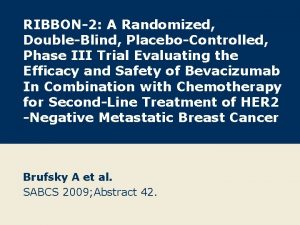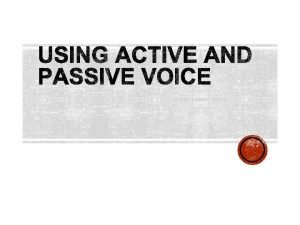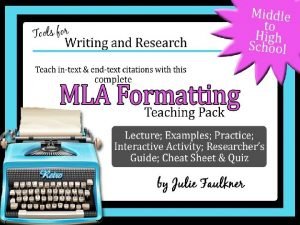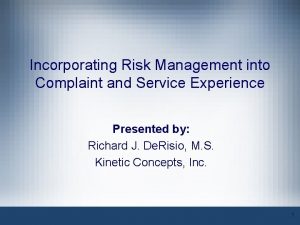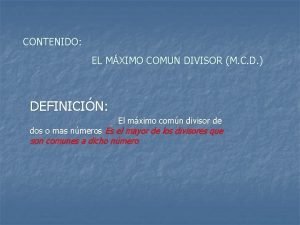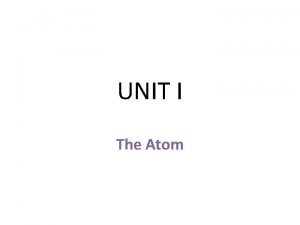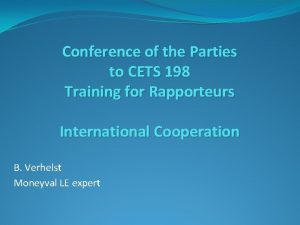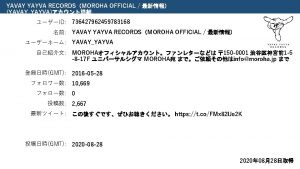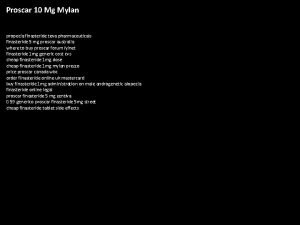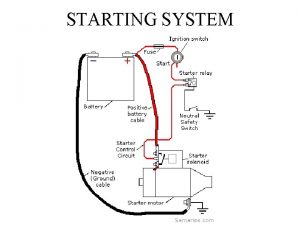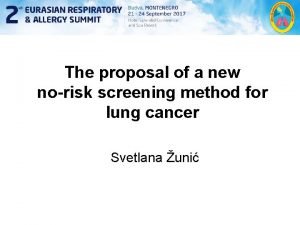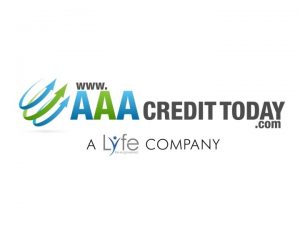Perrys NoRisk Play at Mylan p 198 Starting












- Slides: 12


Perry’s No-Risk Play at Mylan (p. 198) Starting point Broker: Payoff Perry: Ending point Short Mylan Sells call to broker Buys put from broker Buys call from Perry Sells put to Perry Owns Mylan (“going long”) X Mylan Share Price

Perry/Mylan – Resolution Hedge-Fund Firm to Pay Disclosure Fine Wall Street Journal (July 21, 2009) A New York-based hedge-fund operator will pay $150, 000 to settle securitieslaw violations with the Securities and Exchange Commission for failing to report it had bought nearly 10% voting rights of Mylan Inc. The issue of using swaps and other derivatives to gain voting power at a companies has been gaining increased prominence, with some on Capitol Hill calling for the commission to clarify swaps treatment and tougher penalties for disclosure violations. Perry Corp. , which didn't admit or deny the agency's findings, called the settlement "a satisfactory conclusion. " The case stemmed from the company using "merger arbitrage" as it looked to profit from Mylan's attempted acquisition of King Pharmaceutical Inc. That deal fell apart in early 2005 as King restated several years of results. To increase its voting power, Perry -- which owned King shares for several years before the takeover deal was announced in July 2004 -- separately purchased Mylan voting shares and entered into a series of "swap" transactions.

Classic § 160(c) problem General Public Management 40% 20% Parent Co. (operating assets) 40% 55% Sub Co.

Round and Round MBP General Public Director 10% 45% Follow, Inc. 45% Exploit. Corp, Inc. CEO: MBP 30%

Speiser v. Baker: The Scheme 50% of common, 45% of the vote + director Public 40% Speiser 10% Baker 8% 42% same ownership as Speiser Health Med Health Chem (operating company) 100% Medallion convertible preferred stock, carrying 9% of the vote unconverted and 95% of the vote if converted

Speiser v. Baker: The Fall-Out Speiser seeks to compel ASM of Health Med under DGCL § 211(c); Baker has frustrated quorum requirements by not attending. Baker states that at the ASM Speiser will remove Baker as a director of Health Med by voting the shares of Medallion (that Speiser controls), in violation of Speiser’s fiduciary duty to Health Med’s shareholders. Baker counterclaims that Chem’s shares held by Health Med should not be votable under § 160(c). Chancellor Allen grants Speiser’s § 211(c) claim requiring Health Med to holds its ASM, but treats Baker’s § 160(c) counterclaim as a separate issue.

Frank Lorenzo -- BA Columbia 1961, MBA Harvard 1963 -- CEO of Texas International Airlines, 1971 -- Acquired Continental, New York Air, Frontier Airlines, and Eastern Airlines in early 1980 s. -- Only person to bankrupt two airlines (Eastern & Continental) -- Attempted to start Friendship Airlines in 1993, but U. S. DOT refused him permission “One of the most notorious players in the history of commercial aviation in the United States. . By the mid-1980 s, he had acquired a reputation for vicious business practices that were particularly unfair to the labor force. By filing for bankruptcy at different points in his career, he was able to bypass unionized labor and impose harsh working conditions on the employees of his various corporations. ” – U. S. Centennial of Flight Commission

Schreiber v. Carney Jet Capital Corp. (JCC) 35% stake (effective veto power) Texas International (TI) Proposed Merger Air (TA) • JCC threatens to block merger unless it can exercise warrants; TI wants to loan the funds so that JCC can exercise. • Special TI committee of three independent directors hires independent counsel and bankers and concludes that the loan makes sense. • TI board and independent shareholders approve the deal. • TI shareholder challenges the transaction as vote-buying and corporate waste.

Controlling Minority Structures • Dual class equity structures. – high vote & low vote stock. • Pyramiding – Controller owns 51% of A, which owns 51% of B, which owns 51% of C. What is Controller’s economic stake in C? • Cross ownership

Example: Mediobanca’s Control in Italy Source: Fernando Napolitano, VP of Booz-Allen Hamilton Italia, published in Telecom Italia (HBS Case 800 -363)

Dual-Class Structures: U. S. Chronology Bad old days: NYSE requires one-share, one-vote (no dual class structures). Mid 1980 s: companies start to demand dual class structures as a takeover defense, and NASDAQ allowed it, so NYSE forced to allow as well. Late 1980 s: SEC becomes alarmed and passes Rule 19 c-4, which prohibited dual class recaps but allows low-vote new issues. 1990: Empire Strikes Back – Business Roundtable gets 19 c-4 overturned in D. C. Circuit, on grounds that SEC lacked statutory power. Dual class recaps come back, but no one cared – takeovers were down, and other defensive measures (e. g. , poison pill) were just as good. 1995: NYSE, Amex, and NASDAQ adopt a uniform voluntary rule that basically re-adopts 19 c-4, prohibiting dual class recaps but allowing low-vote new issues.



